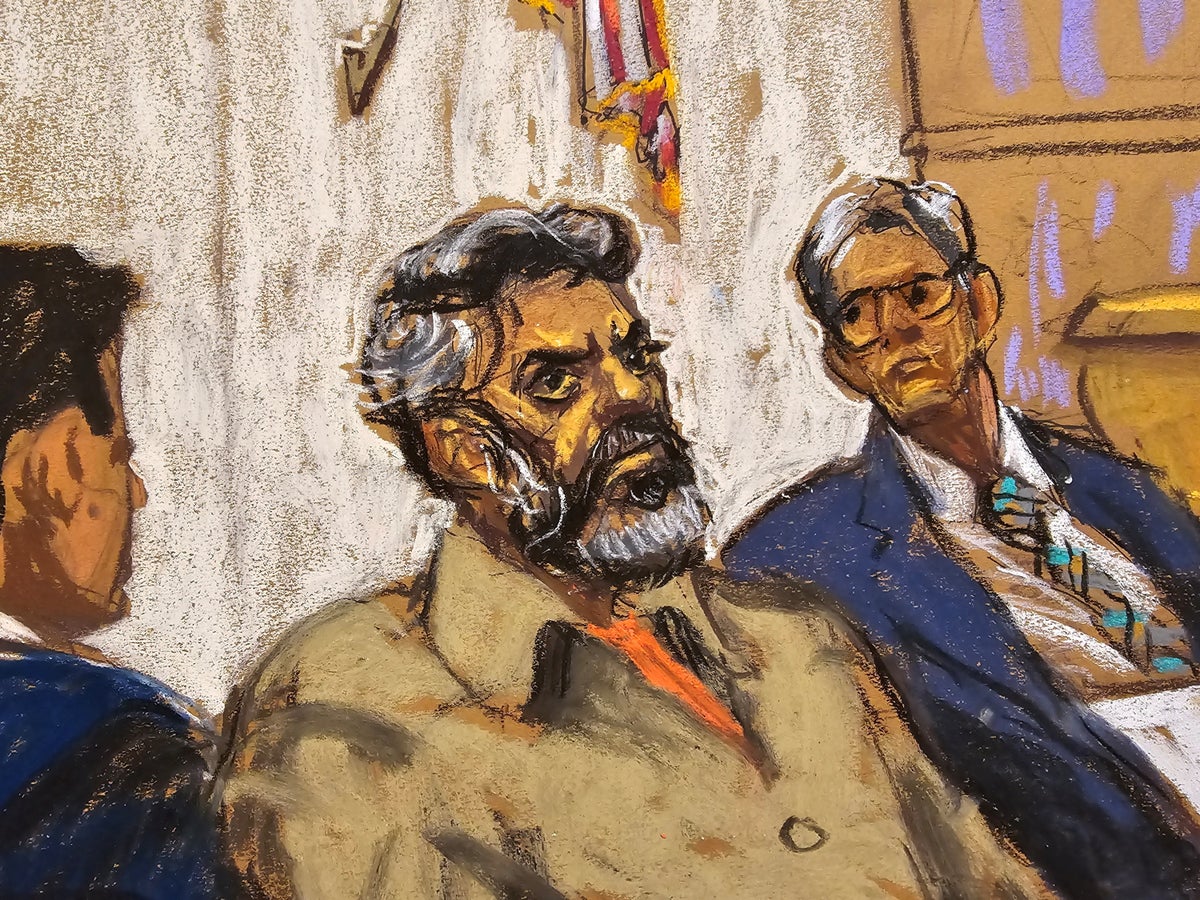
Your support helps us to tell the story
A Pakistani man with ties to Iran pleaded not guilty in federal court on Monday on charges related to an alleged murder-for-hire plot against U.S. politicians in retalation for the 2020 killing of Iranian commander Qassem Soleimani.
Asif Raza Merchant, 46, is charged with attempting to commit terrorism across national boundaries and murder-for-hire.
Prosecutors say Merchant traveled through Iran and Pakistan before arriving in the U.S. in April, where he planned to stir up protests, steal digital materials, and attack a U.S. leader, including potential target Donald Trump.
There are no apparent links between Merchant’s alleged scheme and the two shooting threats against Donald Trump in recent months.
Upon arriving in the U.S., Merchant allegedly contacted an individual he thought could aid in his plans, which the Pakistani citizen allegedly said were motivated against those “hurting Pakistan and the world, [the] Muslim world.”
The individual alerted U.S. authorities and became a confidential informant.
During a June meeting in New York, Merchant allegedly made a gun motion with his finger while speaking with the informant about his plans, and claimed instructions would be relayed with code words and funds would be channeled through a clothing business.
Later that month, the informant then took Merchant to meet two “hitmen” who were really undercover agents, according to court documents.
The Pakistani allegedly offered to pay them a fee that would come to $5,000, passed through networks in Istanbul and Dubai. The 46-year-old, who prosecutors say has wives in Pakistan and Iran, claimed he was a “representative” of a larger, though-as-of-yet unspecified, group.
Merchant was arrested in July as he allegedly planned to leave the country.
Agents found a handwritten note of codewords in Merchant’s wallet, according to prosecutors.
Federal investigators said in court documents that the alleged plot showed a level of “tradecraft and operational security” that was consistent with plotting from a “foreign adversary,” like Iran.
In court documents, officials mentioned Iran’s publicly stated intentions of avenging the death of Soleimani, the top commander of the country’s network of influential proxy forces around the Middle East, as one such adversary.
A U.S. drone strike killed Soleimani in 2020 while he visited Baghdad.
In August, Iran distanced itself from the alleged Merchant plot.
“We have not received any reports on this matter from the US Government. However, it is evident that the modus operandi in question contradicts the Iranian Government’s policy of legally prosecuting the murderer of General Soleimani,” the Iranian mission to the United Nations in New York said in a statement to Reuters.







